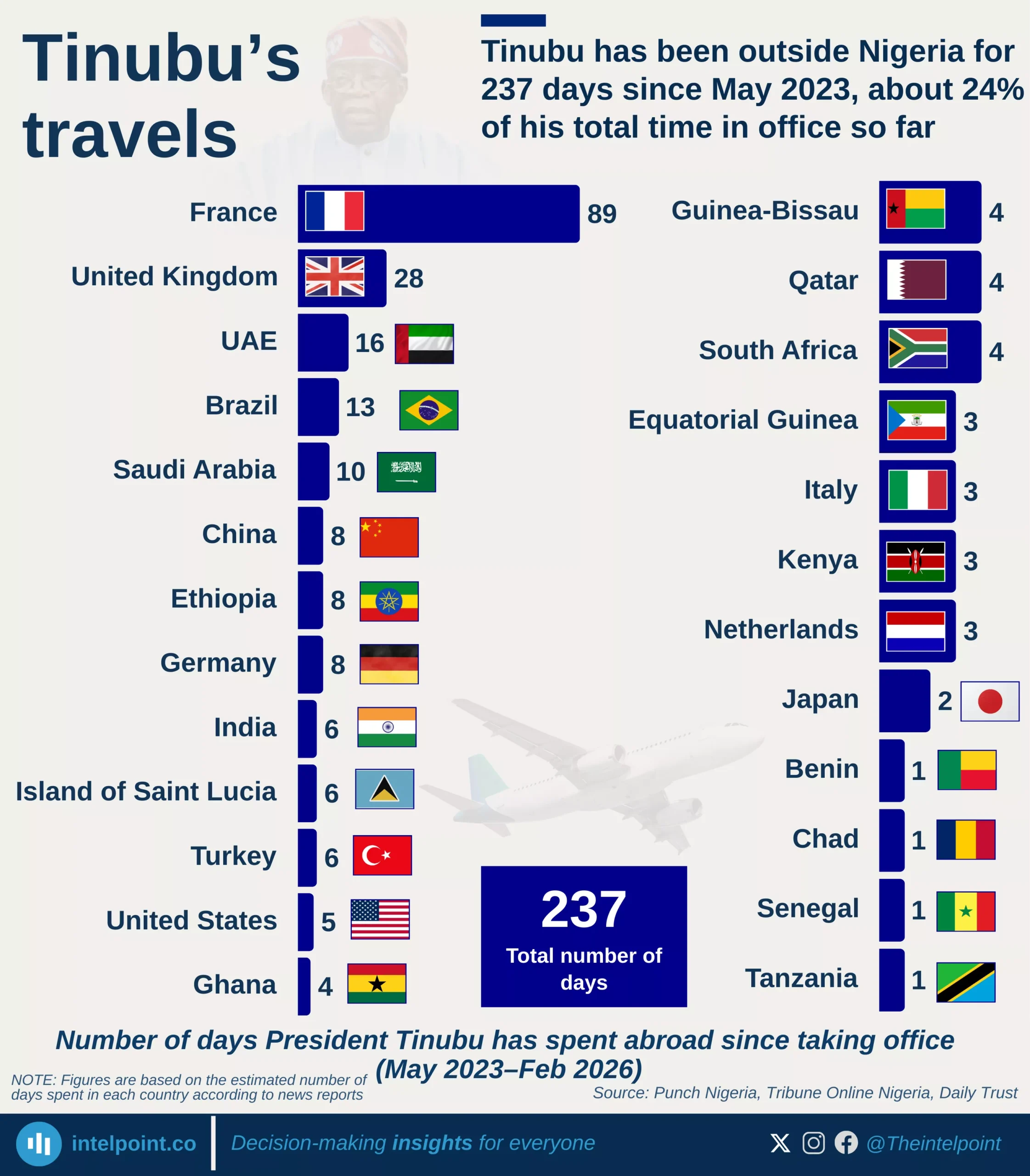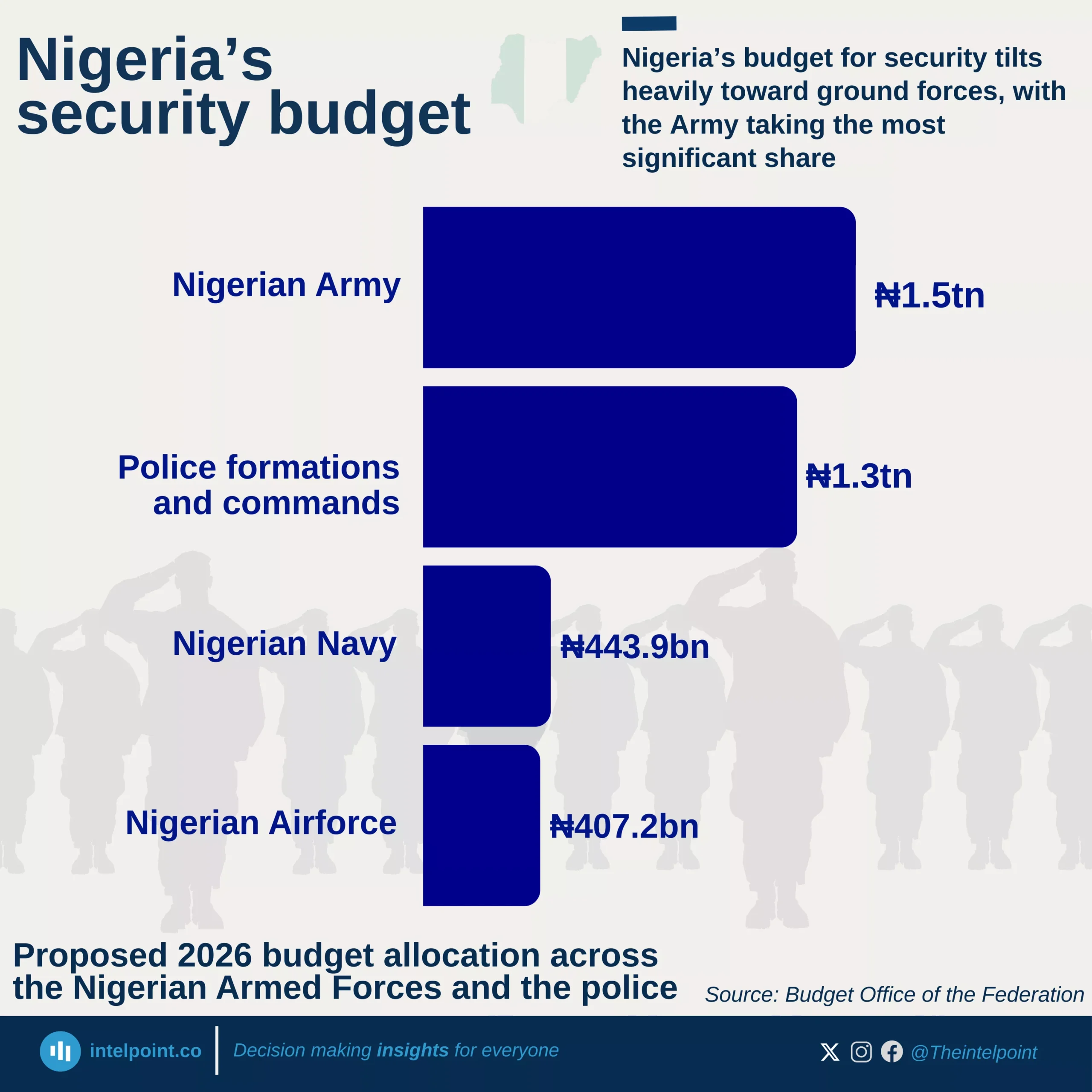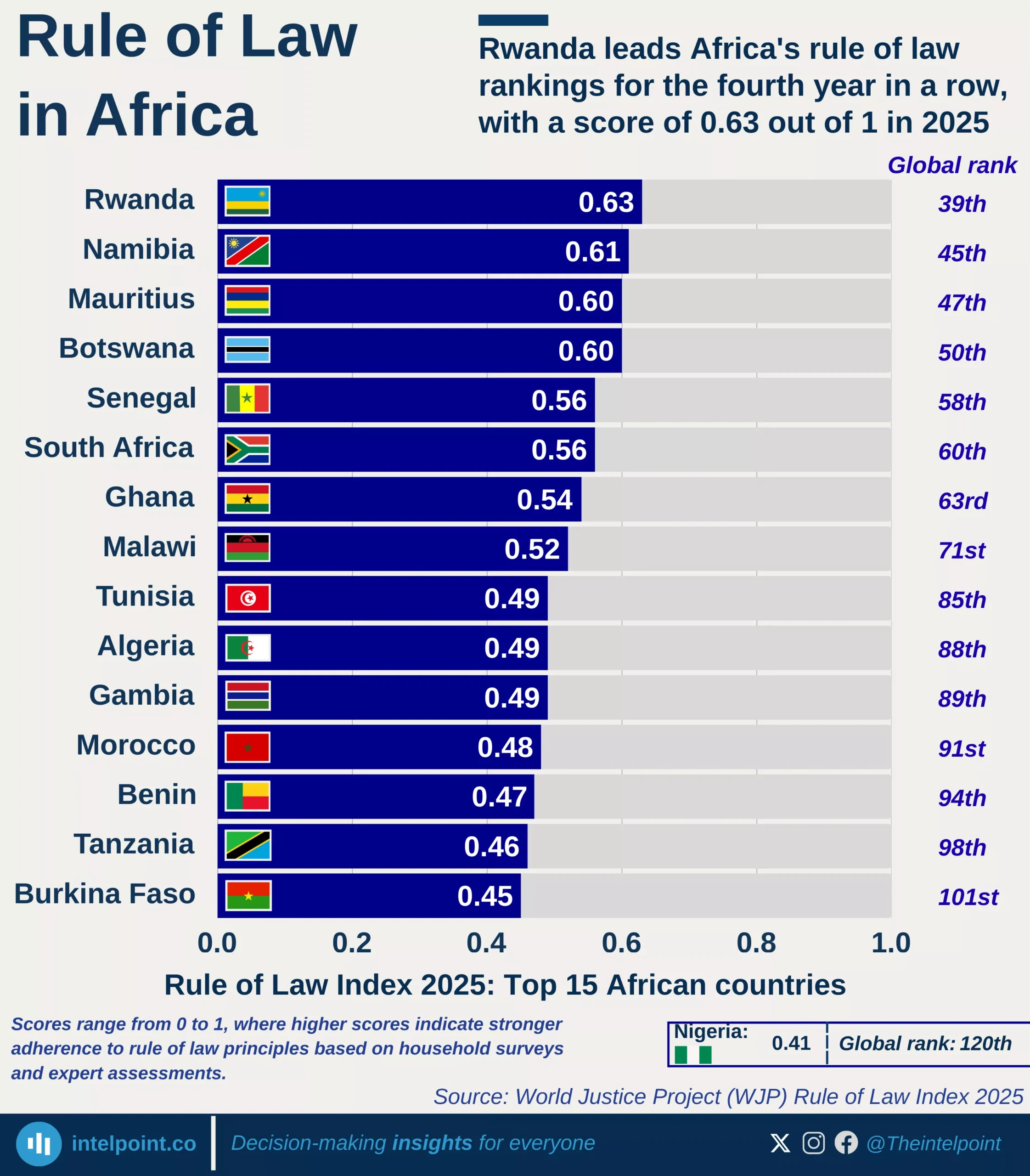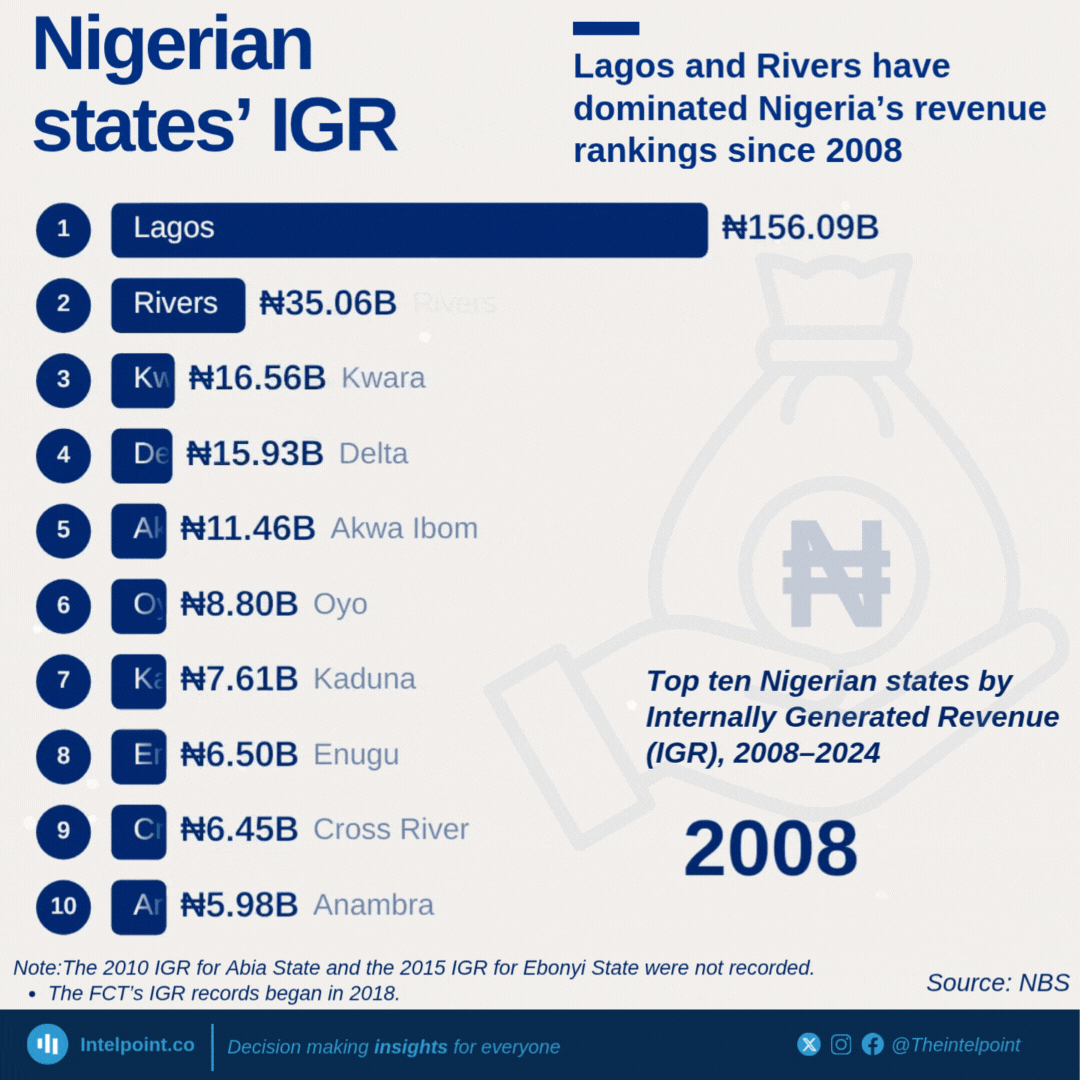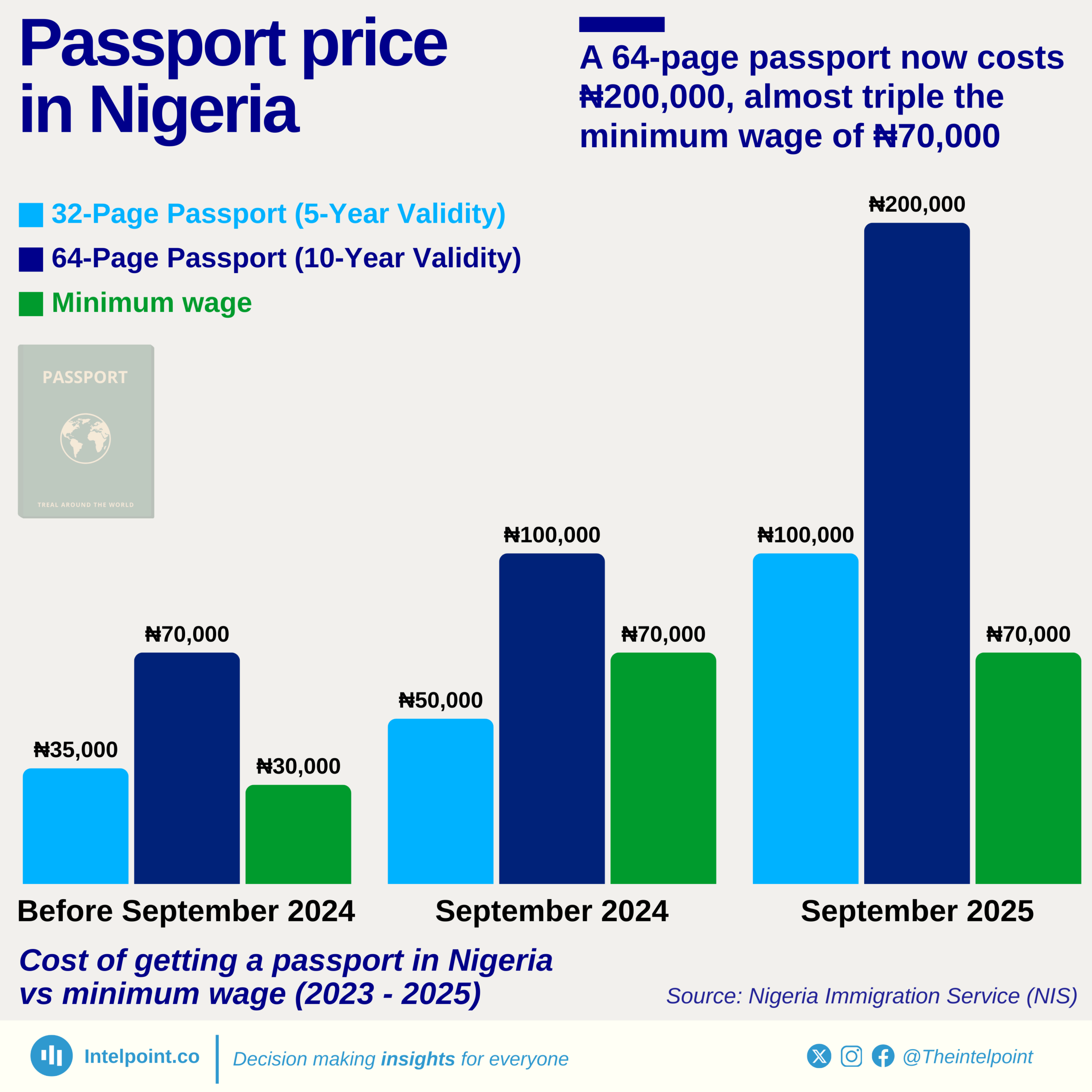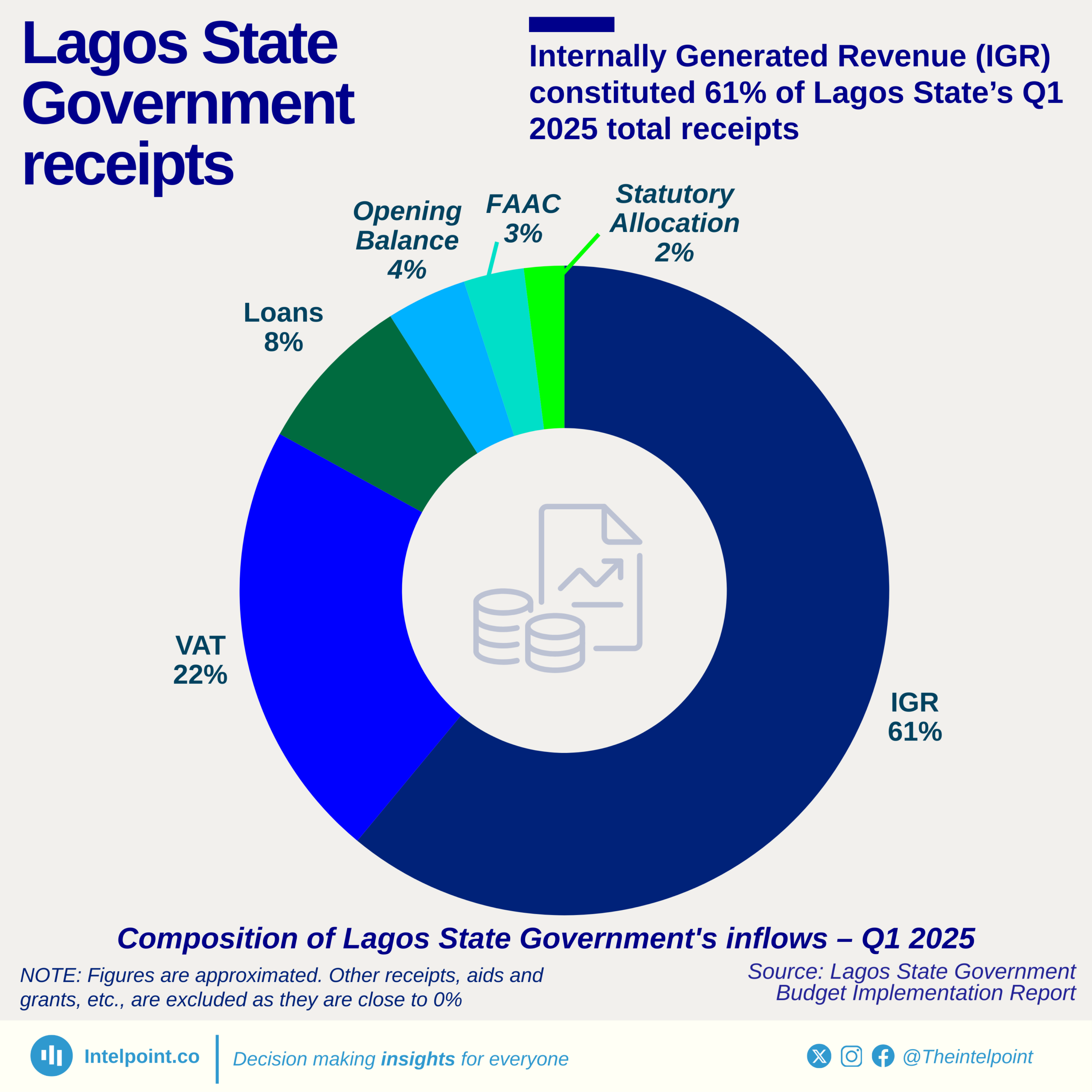Since the establishment of the Niger Delta Development Commission in 2000, Nigeria has added four development commissions, creating three in 2024 alone. These commissions have a combined ₦2.49 trillion allocation, accounting for 5% of the ₦49.7 trillion 2025 budget.
In 2024, the Senate also passed bills establishing South-South and North Central development commissions. With the creation of development commissions, Nigeria's budget continues to grow significantly.
